T3 Opinion: HTC, once a giant, now has a troubled future ahead
However, thanks to some bold, risky plays, all is certainly not yet lost

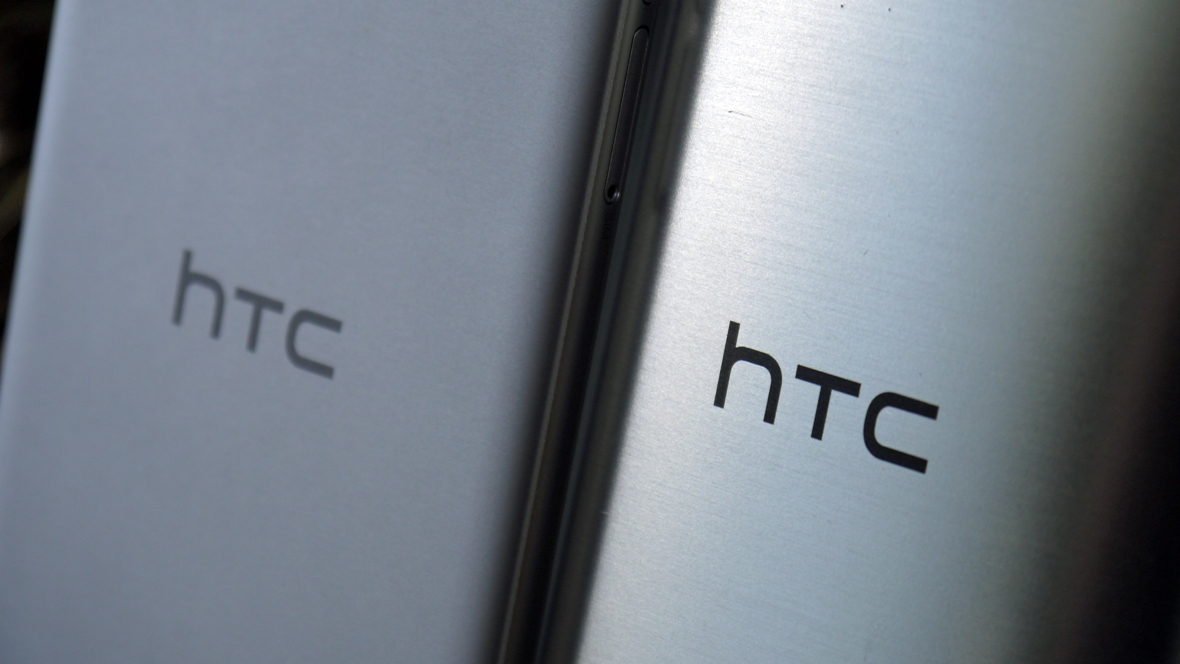
Get all the latest news, reviews, deals and buying guides on gorgeous tech, home and active products from the T3 experts
You are now subscribed
Your newsletter sign-up was successful
The world of technology looked very different in 2008 than it does now. The iPhone, which has become synonymous with smartphones, had only just got 3G and Windows Mobile, the predecessor to Microsoft's Windows Phone, was the dominant operating system.
Android, a company purchased by Google a few years earlier, was nothing like it is today, with virtually no marketshare, hit phones, or swish interface designs.
2008 was the year that HTC brought out the Dream, a slider smartphone that ran Android, had a touchscreen, and was—if you squinted—roughly comparable to an iPhone.
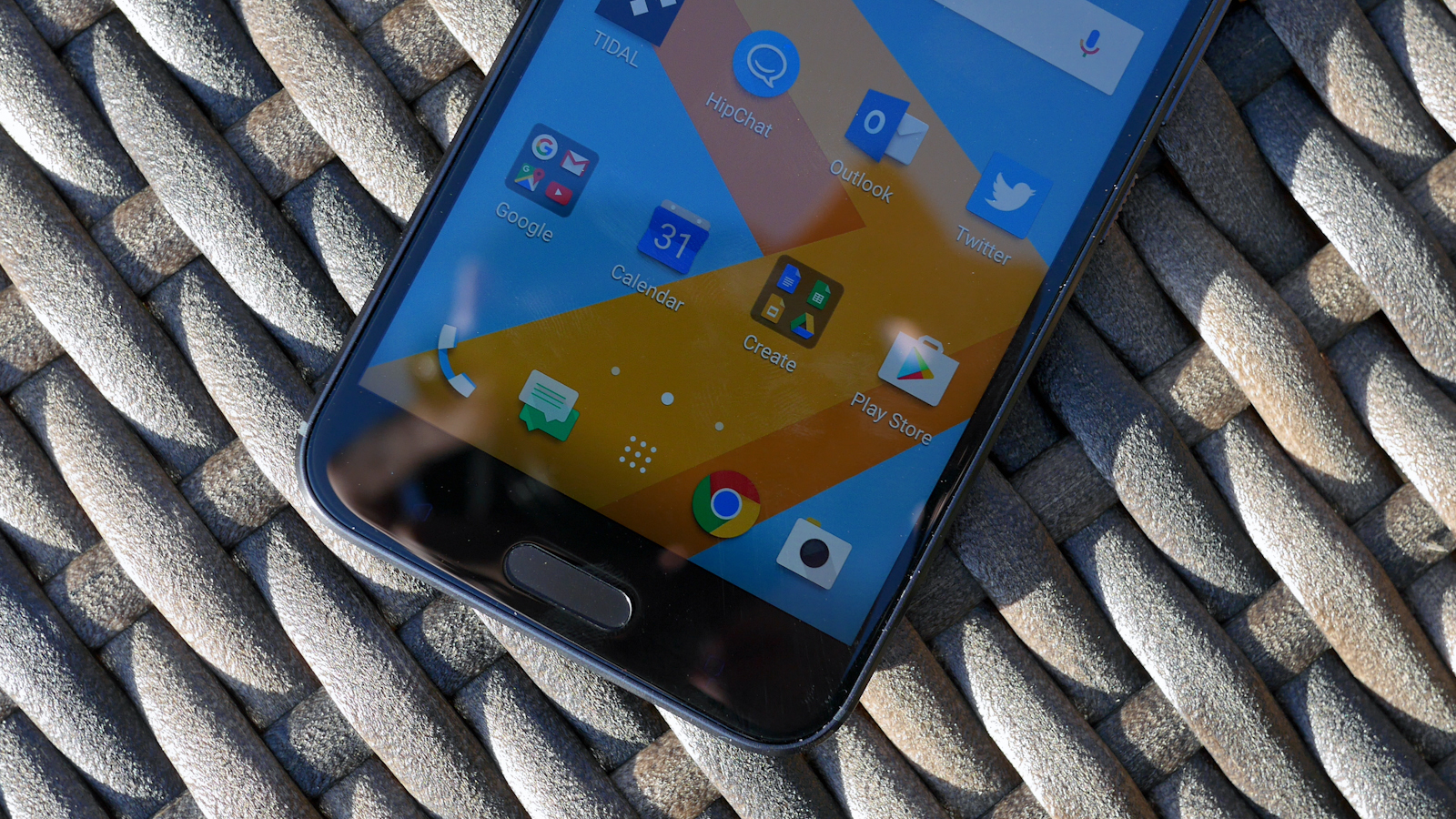
After the dream, which was received well by the technology community, HTC went on to launch a series of smartphones that defined the high-end Android segment of the market, thanks to big screens (before they were cool), powerful internals, and a nicely “skinned” version of Android.
A variety of phones followed, including the first ever handset to feature 4G connectivity, and HTC established itself as the go-to maker of Android-based smartphones. For a while, into 2010 and 2011, the company could do no wrong.
Fast forward to today and the world looks very different. Apple, which has continued to make the iPhone better incrementally every year, is dominating all of the smartphone industry's profits alongside Samsung, which has essentially usurped HTC.
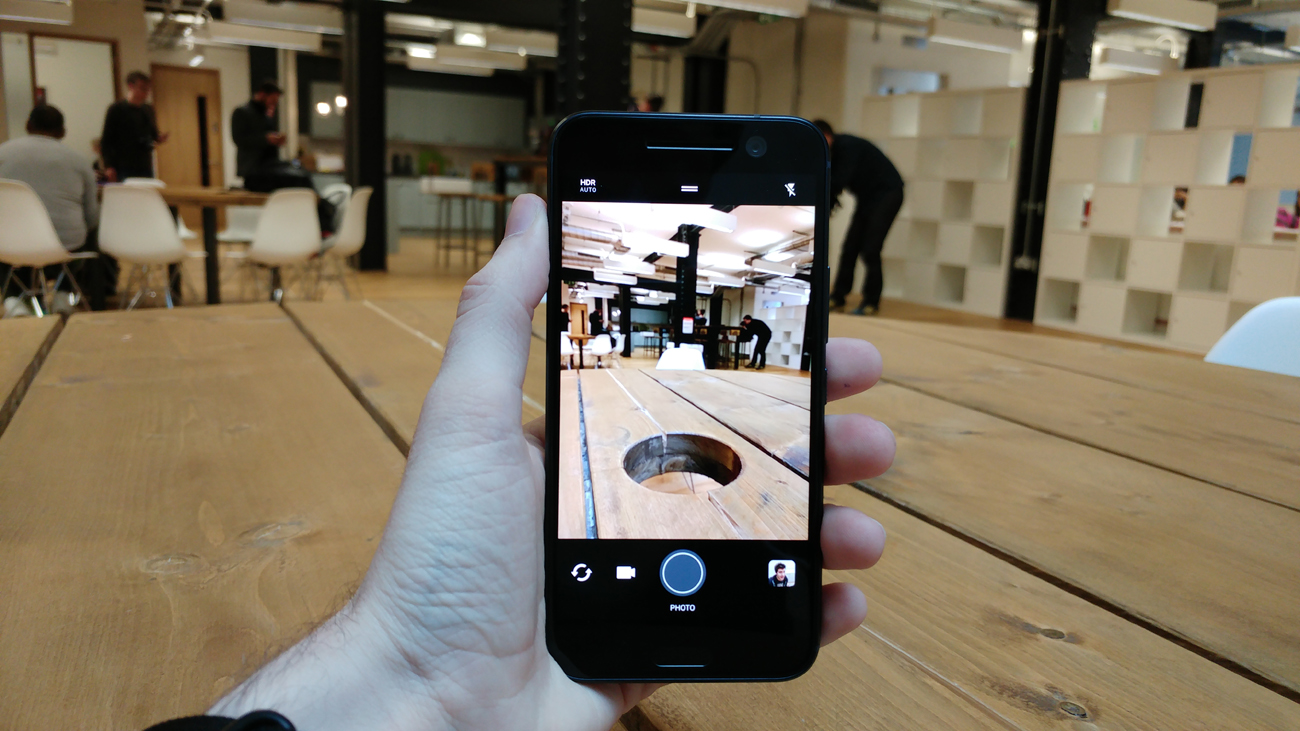
HTC's share of the smartphone market, which has grown to almost two billion devices, sits at around 3% globally, down from its peak of 10% in 2011, when the company sold over 25 million handsets.
Get all the latest news, reviews, deals and buying guides on gorgeous tech, home and active products from the T3 experts
The company's newest selection of phones—rebranded around the “One” name—were well reviewed but were not a hit with consumers who, by and large, have been seduced by the “good enough” attitude of Samsung, which has captured the high-end Android market.
Making Android phones was, and still is, a tough game as competitors spring up in Asia relying on cheap parts and manufacturing costs to make good phones for half the price. Even Samsung, which commands a huge share of the market, is feeling the pinch in its mid- to low-range device sales.
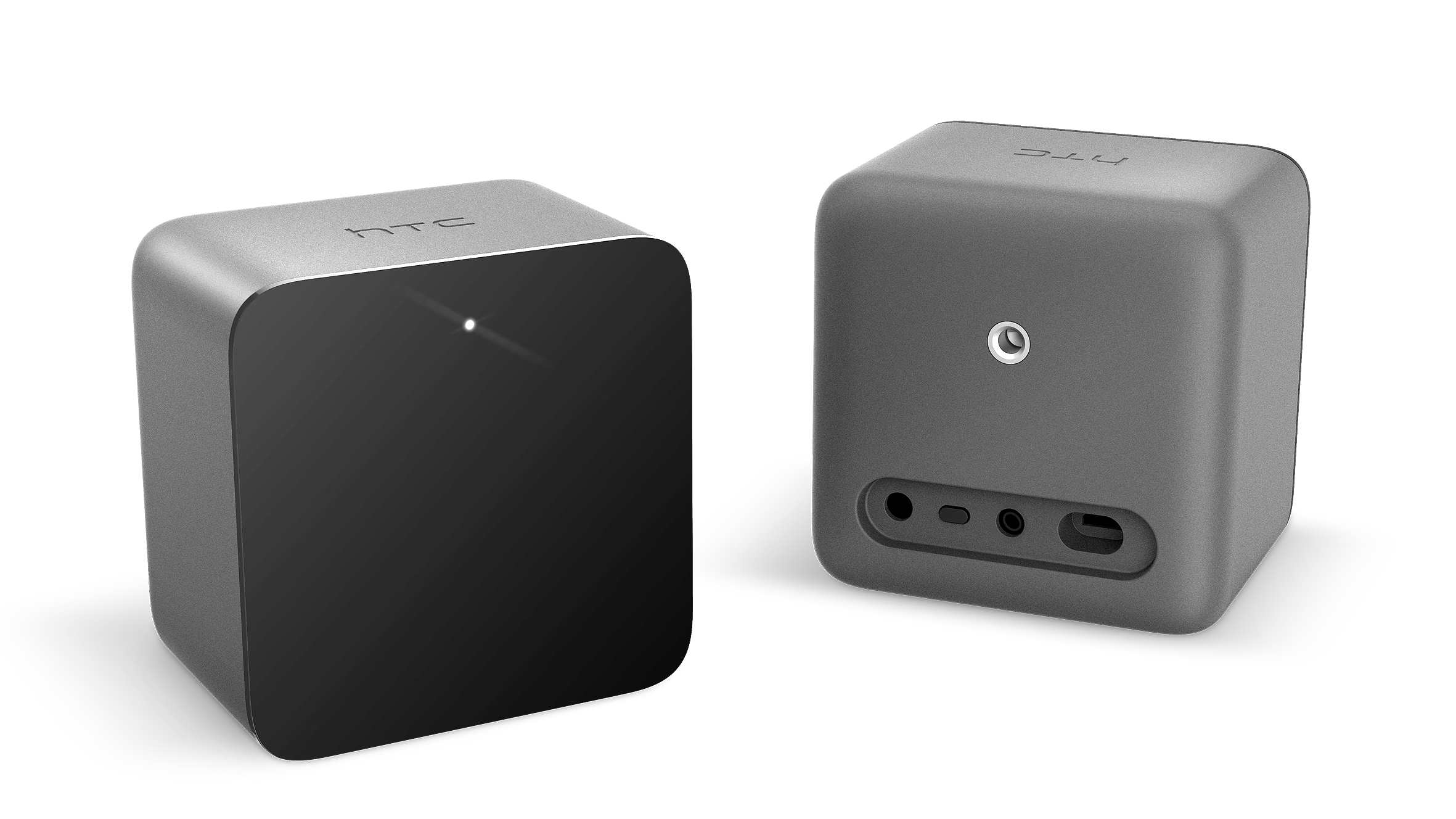
An ad campaign featuring Robert Downey Jr., a popular figure in the US and UK, was not the hit HTC wanted it to be and an investment in Beats, the headphone brand started by rapper Dr. Dre, was eventually rescinded when HTC needed more money.
Recently, the company has reported a lost in every quarter, which has seriously dwindled the company's cash-on-hand and, as such, limited its willingness to take bold risks.
That isn't to say HTC is not taking them, however, and the one it has embarked on could, ultimately, end up saving the company.
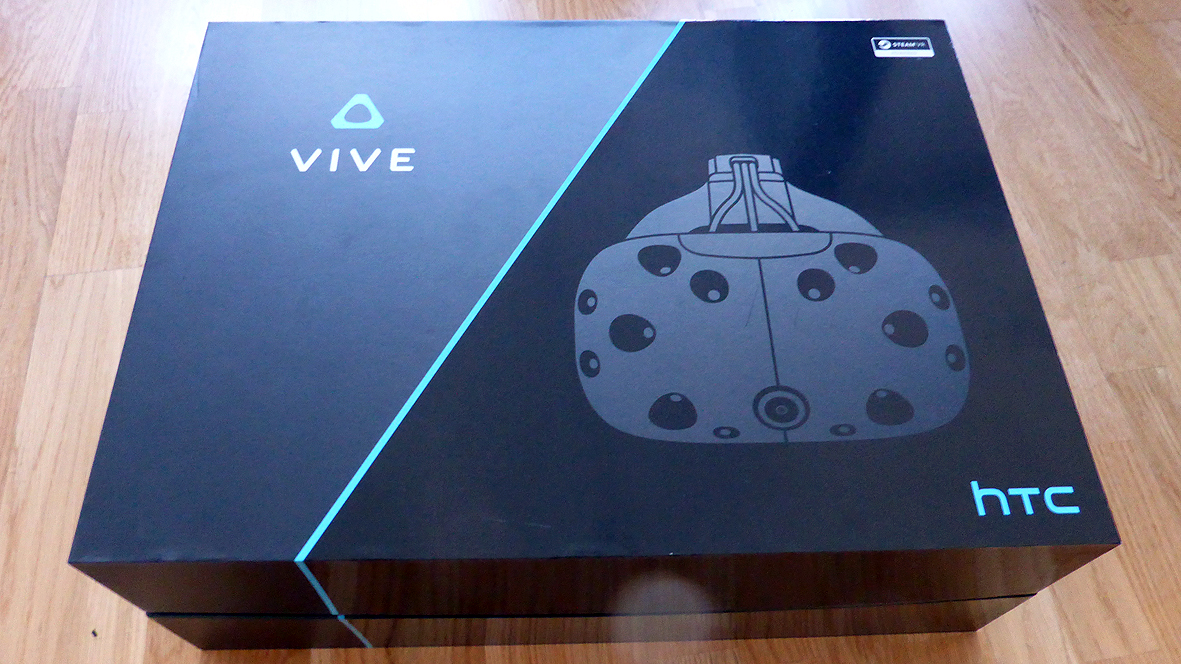
In March 2015, to much fanfare, HTC unveiled the Vive headset, in collaborated with Valve, the company behind Steam. The Vive offers a virtual reality experience through a headset—which contains two screens, speakers, and so on—alongside some hand-held controls.
The Vive is aimed squarely at gamers and, at launch, was reviewed well, especially in comparison to other headsets on the market, like the Oculus Rift. Valve has worked hard to create partnerships with game-centric companies, like Epic Games (which makes the Unreal game engine), which has boosted its credibility.
Virtual reality is a seemingly odd bet for HTC but the market for headsets like the Vive could be a big one. Gaming is, at present, the best manifestation of how VR can provide a better experience than what exists now and HTC is working to capitalise on that.
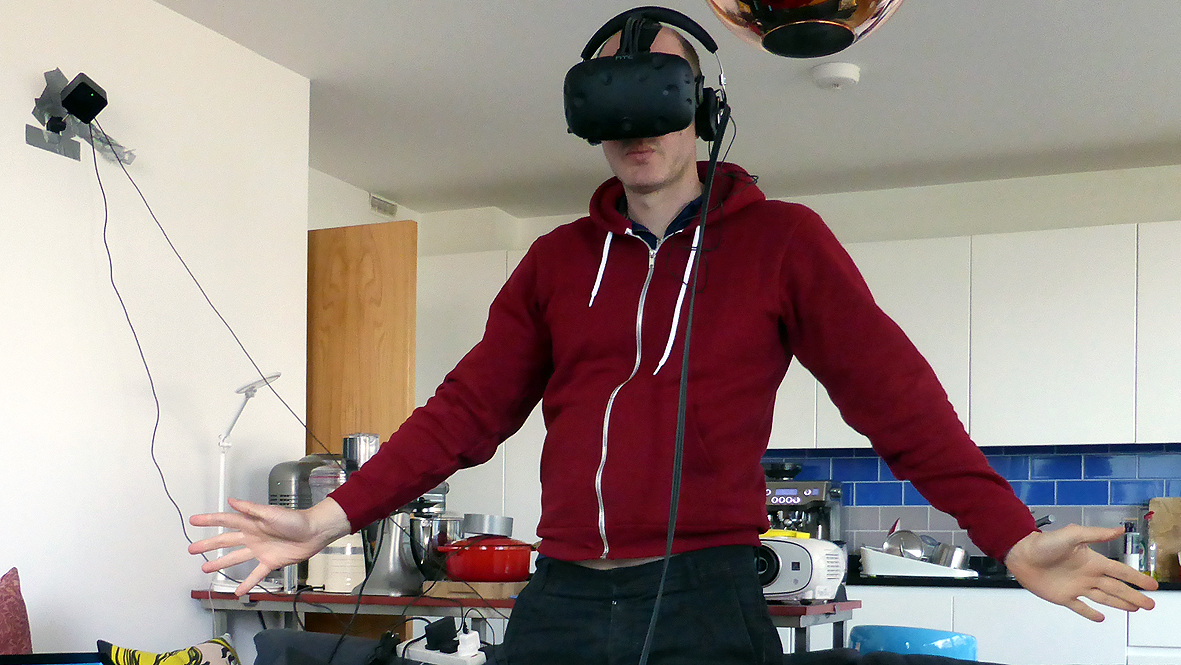
Investment in VR apps, games, and multimedia is increasing from all quarters—newspapers, film makers, game developers—and this gold rush could be the exactly the thing HTC needs to get out of the rut. The success of VR is definitely not a foregone conclusion, but it has far more potential than the smartphone market for HTC, which has become stagnated in many major markets after being divvied up by Apple and Samsung.
The HTC of yore is largely gone, eroded by time and tough market conditions, but a new company could rise from its ashes off the back of VR. Many unknowns remains, even within VR, but it seems like the company could be onto something.
Max Slater-Robins has written for T3 now on and off for over half a decade, with him fitting in serious study at university in between. Max is a tech expert and as such you'll find his words throughout T3.com, appearing in everything from reviews and features, to news and deals. Max is specifically a veteran when it comes round to deal hunting, with him seeing out multiple Black Friday campaigns to date.
